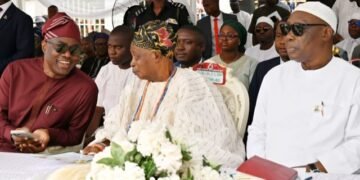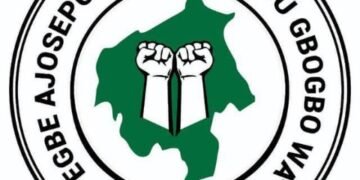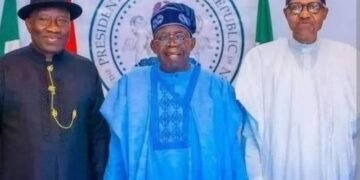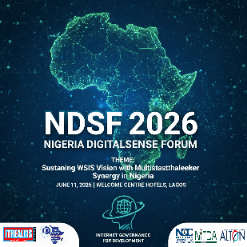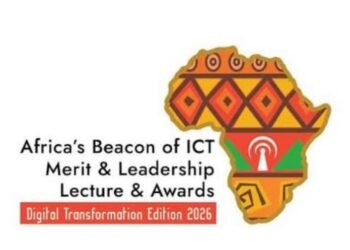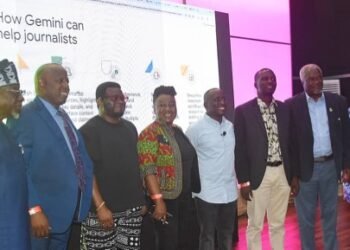The Nigerian Communications Commission (NCC) has approved the long-awaited telecom tariff hike, expected to go up by as much as 40 per cent.
Under the revised structure, call charges is expected to increase from ₦11 to ₦15.40 per minute; SMS costs will rise from ₦4 to ₦5.60; and a 1GB data bundle will cost at least ₦1,400, up from ₦1,000.
New rates for calls, SMS, and internet bundles will take effect from January 2025, with tariffs expected to rise up to 40 per cent.
The NCC stated that it would provide more details in an upcoming official announcement, emphasising that the adjustments balanced industry proposals with public interests.
“This will benefit both subscribers and operators as we’ve considered feedback from all stakeholders,” an NCC spokesperson said.
The new tariffs has effectively put an end to months of speculations and also ended over a decade of lobbying by major operators like MTN Nigeria, Airtel and 9Mobile.
The new tarrifs is expected to bring relief to telecom operators who have been struggling with high operational costs.
The financial strain on telecom operators has been severe, with MTN Nigeria reporting a ₦514.9 billion loss in the first nine months of 2024, following a reported ₦137 billion loss in 2023.
Airtel Africa faced $89 million in losses for FY 2024, largely due to the strains of economic challenges in Nigeria.
The tariff increase was however coming amid rising food inflation of 39.93 per cent and fear of reduced internet usage in a country prioritising digital inclusion.
The NCC has been cautious about over-burdening subscribers, having previously rejected a proposed price hike from Starlink in October 2024.
The current economic conditions, including rising diesel prices and foreign exchange fluctuations, have significantly impacted the profitability of the telecom operators.
Minister of Communications, Innovation and Digital Economy, Dr. Bosun Tijani, acknowledged the need for the adjustment, citing economic pressures during a recent interview on Arise TV.
Gbenga Adebayo, President of the Association of Licensed Telecommunication Operators of Nigeria (ALTON), was in support of the tariff hike.
He was of the opinion that cost-reflective tariffs will incentivize investment and improve service quality in the long term.
Industry watchers also observed that the new tariff will enable telecom companies to recover their costs and invest in infrastructure development, such as expanding 5G networks and improving service quality.
This, they said, will in turn enhance the overall telecommunications experience for telecom consumers in Nigeria.
However, the telecom regulatory agency, NCC, has a critical role in regulating tariffs to ensure they are fair and reasonable for consumers.
The NCC must balance the need for telecom companies to generate revenue with the need to protect consumers from excessive price increases.
Approving new tariffs for telecommunications companies in Nigeria is essential for the industry’s viability, infrastructure development and improved service quality.



